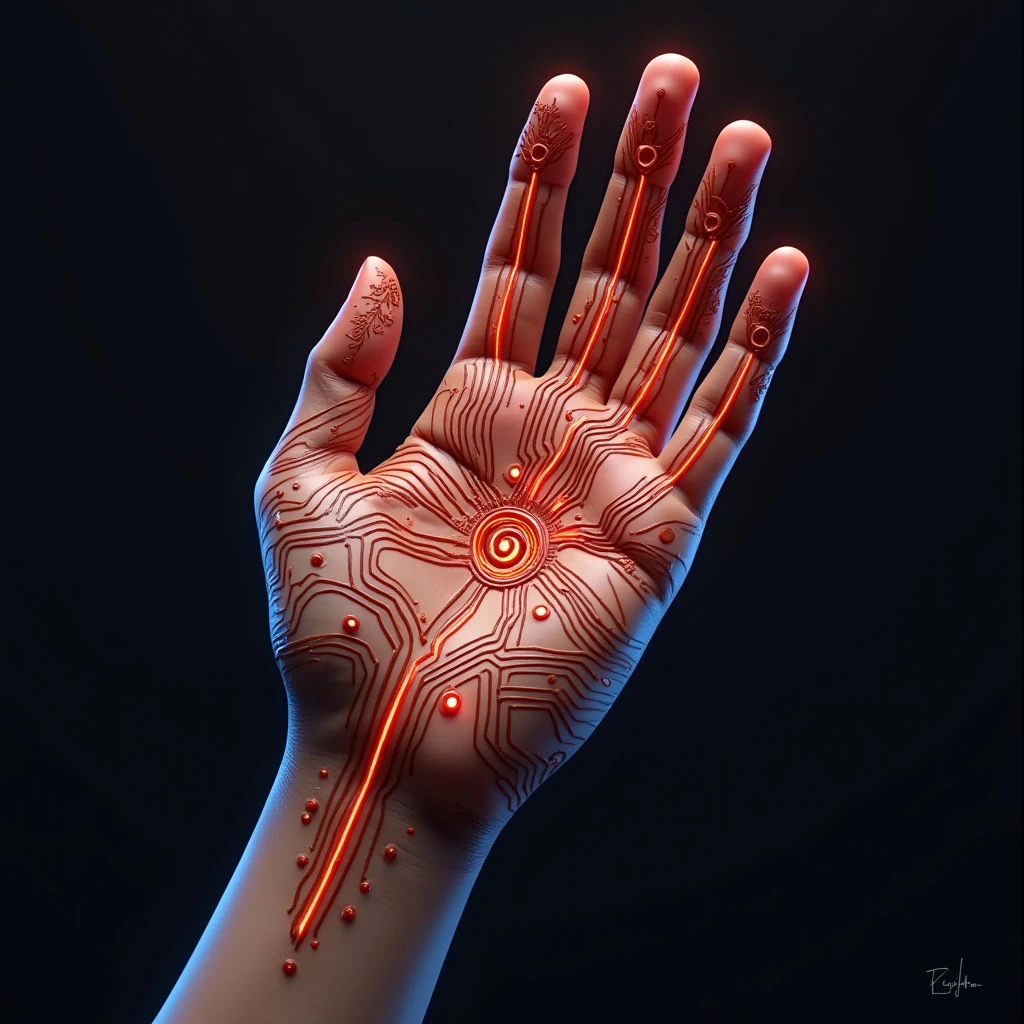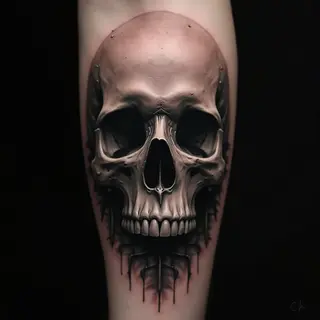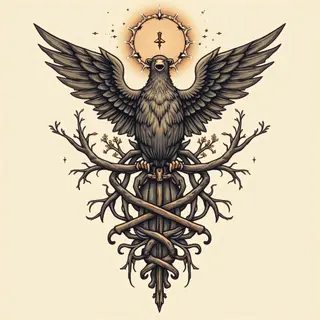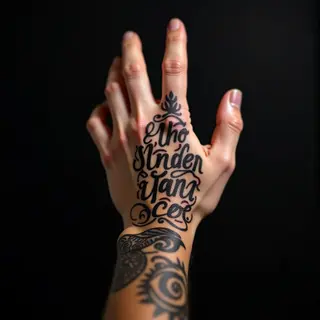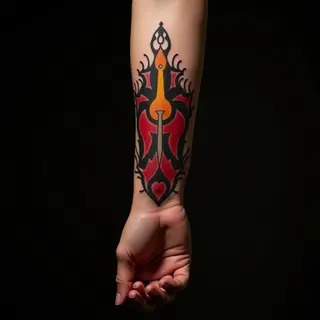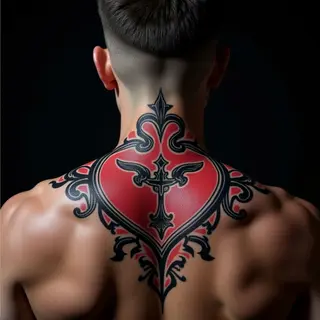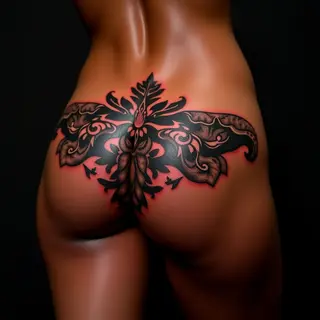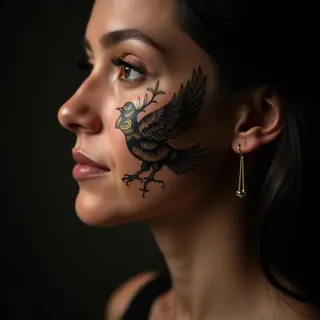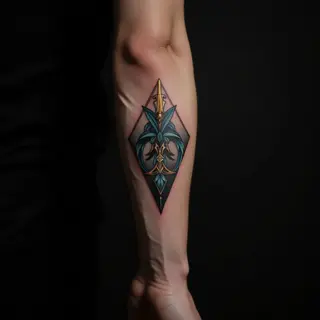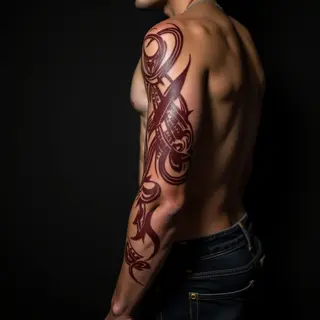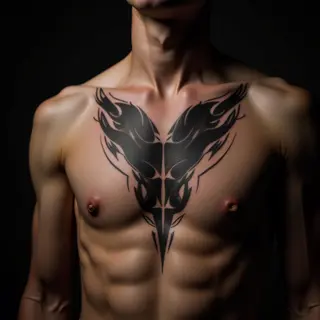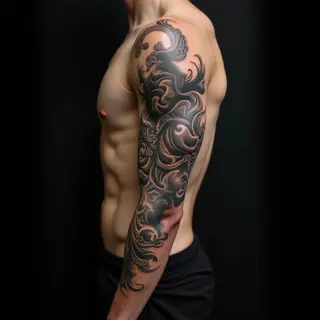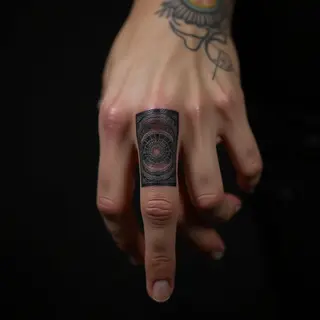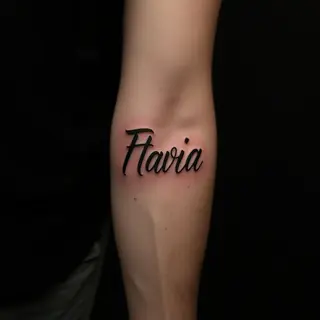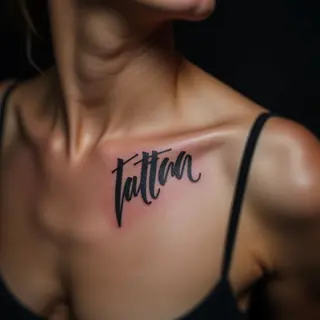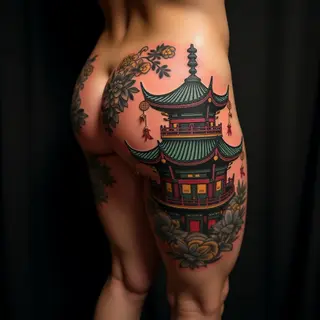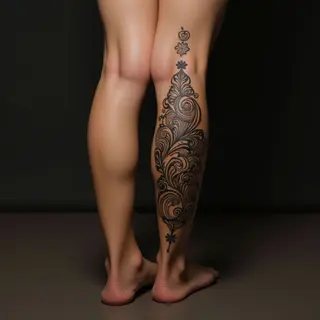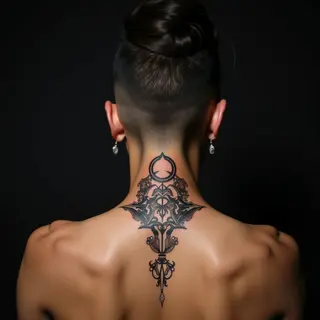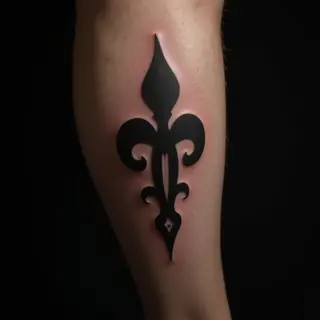Henna Body Art: A Timeless Tradition with Modern Interpretations
Henna body art, also known as Mehndi, boasts a history stretching back thousands of years. Originating in ancient Egypt and flourishing across North Africa, the Middle East, and South Asia, these intricate designs carry deep cultural significance. But what do those swirling patterns actually mean? Historically, henna was more than just decoration; it symbolized joy, prosperity, fertility, and protection from evil spirits. In many cultures, applying henna is a vital part of wedding ceremonies – the darker the stain, the stronger the love! Different regions developed unique symbolic meanings: intricate floral patterns in India represent happiness and good fortune, while geometric designs in Morocco hold protective qualities.
Symbolism and Meaning
Modern interpretations embrace personal expression. While traditional symbolism remains important, individuals now use henna to celebrate individuality, mark milestones, or simply appreciate its artistic beauty. From bridal blessings to temporary art canvases, the language of henna continues to evolve.
